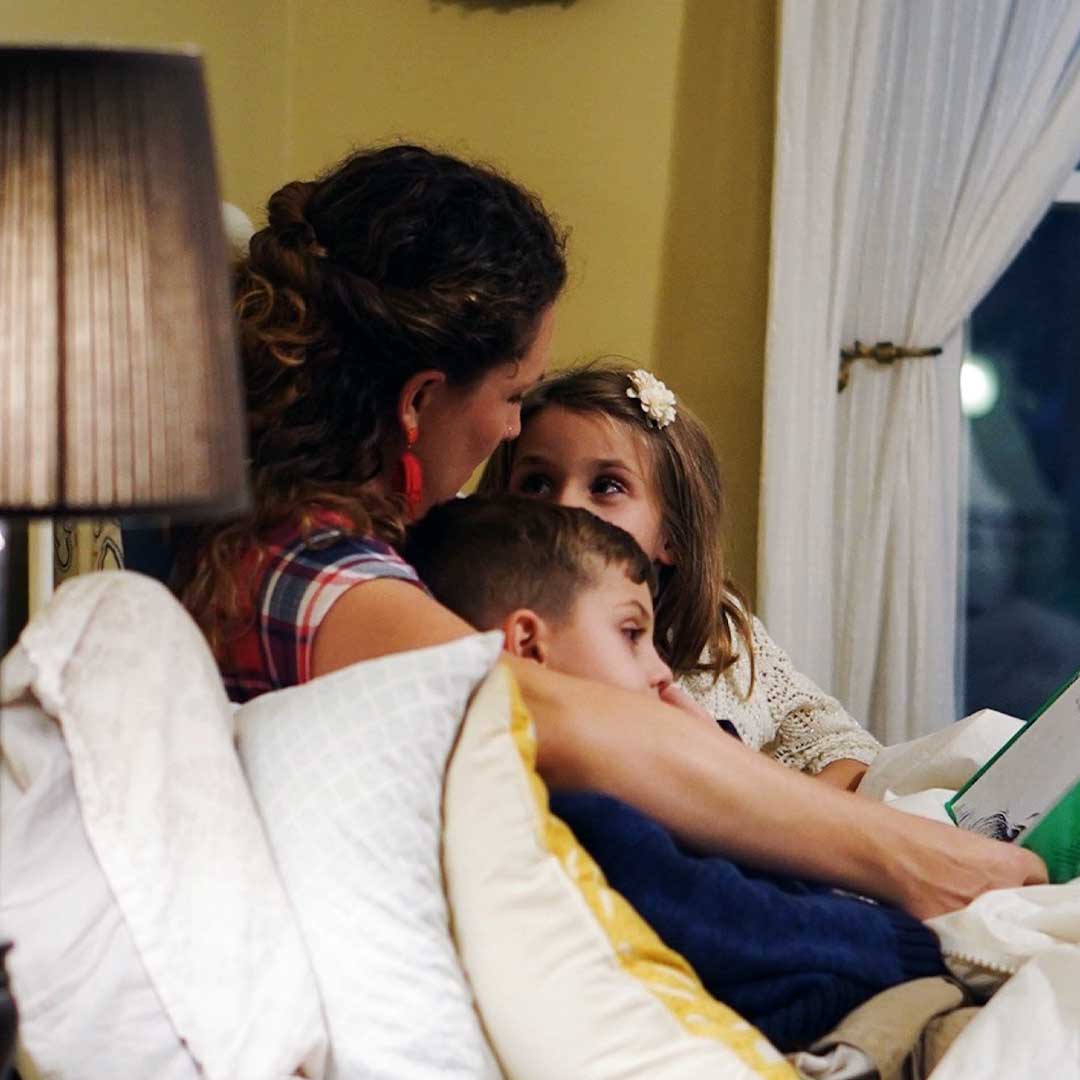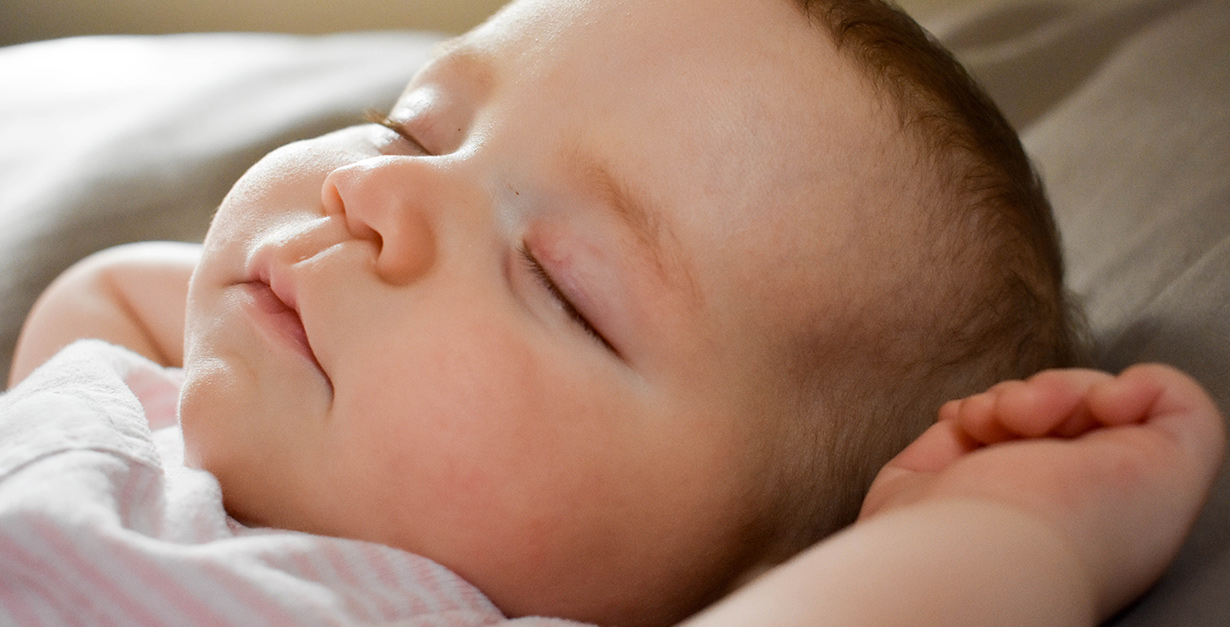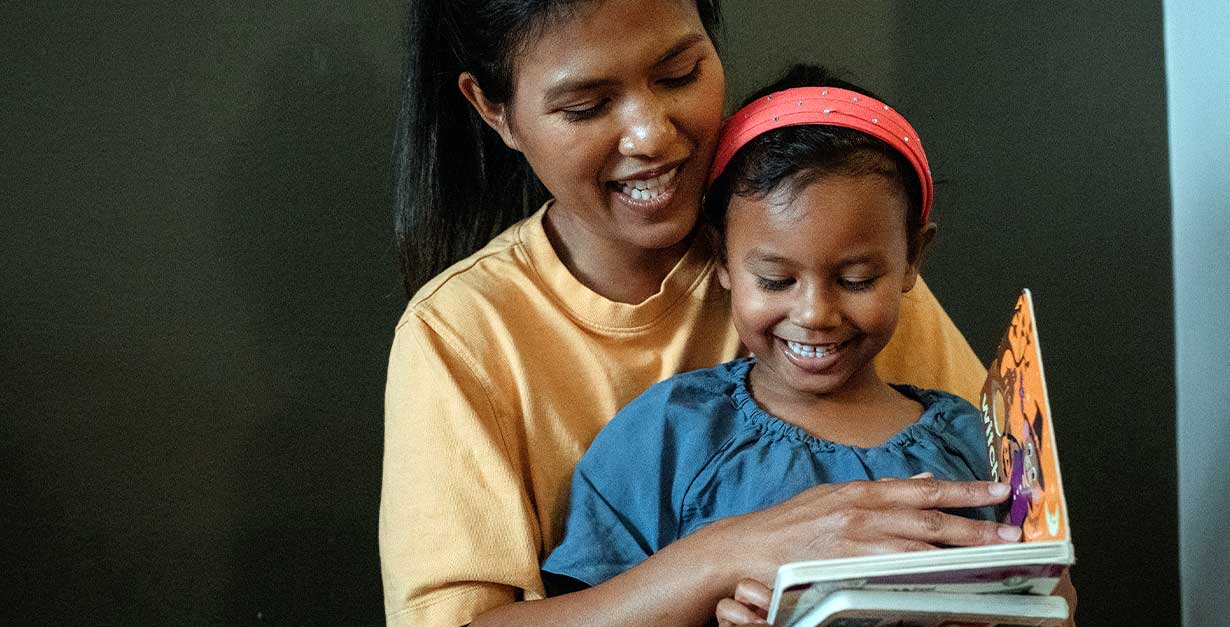Ideal Bedtime: How to Decide What Time Your Child Goes to Bed
How do you decide when your child should go to sleep at night? Is there really an ideal bedtime for your child? And does it really matter when he goes to sleep as long as he gets the sleep he needs? These are the questions you may be asking in your search for your child’s bedtime.
In deciding the best bedtime for your child, we take into consideration the child’s age. That tells you roughly how many hours of sleep he needs, and what time your child needs to wake up in the morning in order to get to preschool or daycare or just to begin your day at home. Then it becomes a simple math problem to find the ideal bedtime for your child.
Implementing it may not feel very simple, of course! But, discovering the best time for your child to go to sleep is a good first step because an appropriate, early bedtime helps prevent a host of sleep problems such as early rising and night wakings.
Have no idea where to begin solving your child’s sleep issues?
Start with this guide.
This article will help you:
- Figure out the math for their ideal bedtime
- Find the number of hours of sleep your baby or child needs per day
- Sleep coach to get you where you need to be
Do the Math
Look at the chart below, entitled “Recommended Sleep Averages – Naps and Nighttime” and locate your child’s age/stage in the left-hand column. Then look across to the right to find his total hours of sleep needed (on average), the average hours of daytime sleep needed, and the remaining hours of nighttime sleep needed. Next you will look at the chart entitled How to Find Your Child’s Ideal Bedtime to find the intersection of your child’s wake up time and number of hours of nighttime sleep he needs. This is your child’s ideal bedtime.
For example, your 10-month-old wakes for the day 6 a.m., and you’ve determined that he does best with 11 hours of sleep at night. That means you back up 11 hours from 6 a.m. to 7 p.m. as the ideal time for him to fall asleep each night.The Sleep Lady has found over her 20 years of practicing as a sleep coach that most children under 3 years of age lean towards the higher end of these averages of night sleep. For instance a 1-2 year old on average tends to need 11 hours of sleep at night vs 8.75 hours.
Breaking Down Ideal Bedtime by Age
Newborns: 0 – 3 Months
Newborns do not have an ideal bedtime as their circadian rhythm (or internal clock) has yet to be established. Also, their need to eat is quite frequent. During these first months of life your baby will eat and sleep at will. You are there to nurture and care for him, quickly providing the nourishment and soothing he needs. You really cannot spoil a newborn. It may not look like it but he is working extremely hard at this age. His neurological and physical development is working at breakneck pace and he can become exhausted even after a short amount of time awake.
At this stage do not be concerned with the appropriate bedtime. Instead, watch his sleep cues. Think in 3-4 hour increments at a time because your newborn (0-3 month old) will sleep in short bursts of 2-4 hours at a time for 14-17 hours a day. Your main sleep focus should be to help him differentiate between day and night. Keep the lights on and the shades up during the day and keep night time feedings quiet and in dim light. Consider waking him during the day so he doesn’t miss a feeding.
Wondering about newborn sleep patterns
Read: Newborn Sleep Schedule: What You Can Do for Some Sleep
Infants: 4 – 11 Months
During the Infant Stage you will begin to notice your child settling into more of a routine consisting of several naps during the day and longer stretches at night. He may still be awake for feeding several times. Notice the average number of nighttime hours at this age is 10-11.5. If you haven’t already, start to create a soothing bedtime routine.
Around 6 months you may notice a more predictable time that your baby gets tired or fussy at night. Often babies between 6-11 months old the ideal bedtime is between 7-7:30pm but wake up time and naps must be factored in.
Consider the time that you want him to wake up in the morning. This will depend upon factors such as your lifestyle and work schedule. For instance, if you need your 10 month old to wake at 6 a.m. and he sleeps approximately 10.5 hours, then his ideal bedtime is 7:30 p.m.
This does not mean starting the bedtime routine at 7:30 p.m. You will need to back up from there and add in some time for a calming bedtime routine. This may include a bath (if that seems calming), changing into a clean diaper and sleepsack, feeding, and snuggles. If this seems like too much to do before bed then consider moving the bath to another time of day. Just be sure you are beginning your bedtime routine early enough so that you put him in his crib or sleep space a few minutes before his ideal bedtime. If you have started sleep coaching your baby then you will want him to go into his crib calm but awake (aka drowsy but awake with an emphasis on awake instead of drowsy).
Want to know more about “Drowsy But Awake”?
Read: Drowsy But Awake — The Cornerstone of Successful Sleep Training

Toddlers: 1 – 2 Years
Your toddler will most likely resist going to bed at some point. That can be either because it is a transition and he is tired, or because of separation anxiety. Instead of gladly surrendering to what is best for his body and mind he may put up a fight or employ stalling tactics. Having a consistent bedtime as well as a soothing routine that you follow each night will go a long way in helping your toddler settle down for bed.
Find your toddler’s ideal bedtime by determining how many hours of nighttime sleep he needs (between 8.75 and 11.5 hours, typically). To find his ideal bedtime, work backwards from the time you want him to wake up each morning and arrive at his ideal bedtime.
For example, you decide your toddler tends to be rested with 11 hours of sleep and you want him to wake up at 7 a.m. on average. The math says he needs to be asleep by 8 p.m.
Talk to a Gentle Sleep Coach and get sleep help!
Book a 20-minute call for just $45.
Your toddler will also need an unhurried and predictable bedtime routine to bring him to sleep-readiness at 8 p.m. night after night. You’ll want about 20-30 minutes for the bedtime routine at this age and so you will begin preparing for bed at 7:30 p.m. This can easily incorporate your partner or you may trade off bedtime duty each night. That is ok as long as you have a well-developed, consistent bedtime routine that you each follow with your toddler. You’ll also want to deal with stalling tactics in a consistent manner.
Preschoolers: 3 – 5 Years
Your preschooler may be even more adept at avoiding bedtime, so the need for a consistent, ideal bedtime and soothing routine grows. Preschoolers typically need 10 to 11 hours of sleep at night. If your preschooler wakes at 6 a.m. then he needs to be heading to dreamland about 7 p.m. If he seems to wake up too early (before 6 a.m. consistently), consider using a “wake up clock” which lights up when it is ok to get out of bed in the morning. Make sure you have ruled out the other common causes of early rising.
What ARE the most common causes of early rising?
Read: Early Rising Child: 5 Common Causes and How to Fix It
A preschooler’s bedtime routine can be a highlight of their day and a memory-making time spent with you. Make it a happy, warm, nurturing part of your relationship. The routine, done in the same order each night, can include:
- putting on pj’s
- teeth brushing
- potty time
- snuggling
- reading a short book or singing a song
- getting into bed

Ready for Sleep Coaching
You may find that even though you now know your child’s ideal bedtime, he does not cooperate and go to sleep well on his own, even after a soothing bedtime routine. If your child struggles with going to sleep and staying asleep on his own, you may need to create a plan and start gentle sleep coaching.
Establishing your child’s ideal bedtime gets you one step closer to a soothing, predictable bedtime routine for your child and helping him get the sleep he needs.




